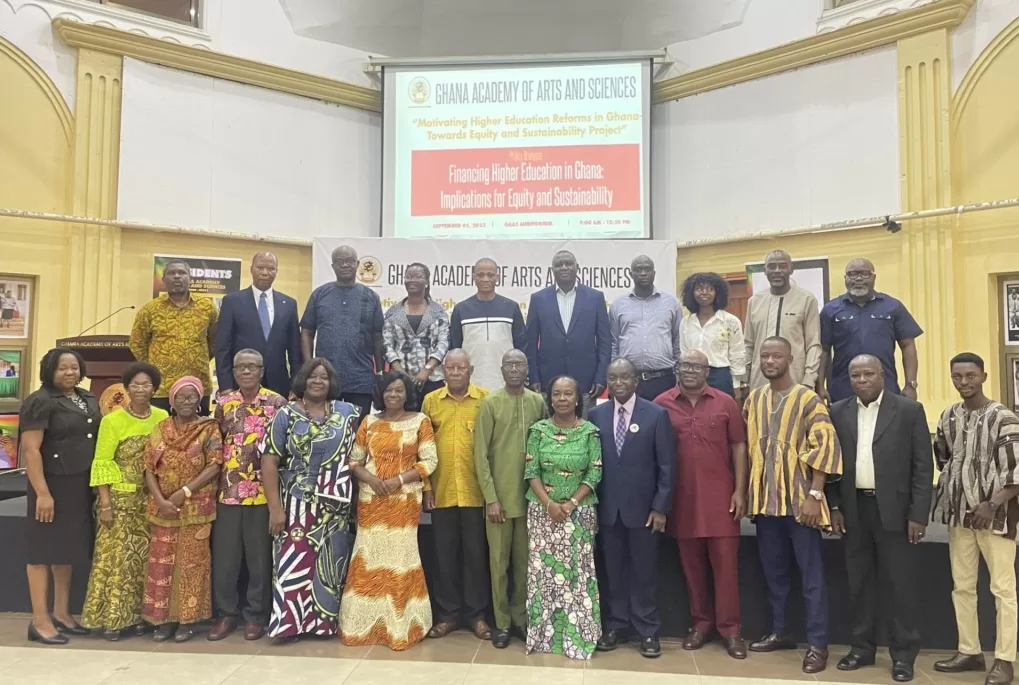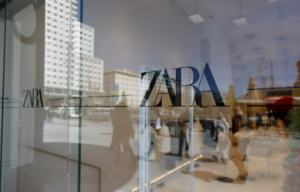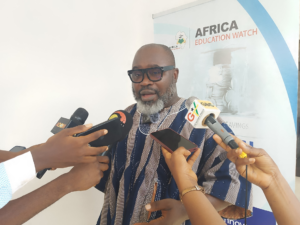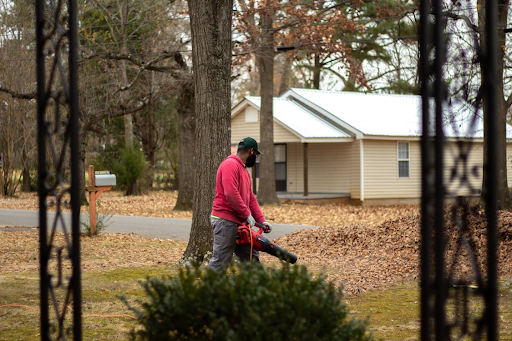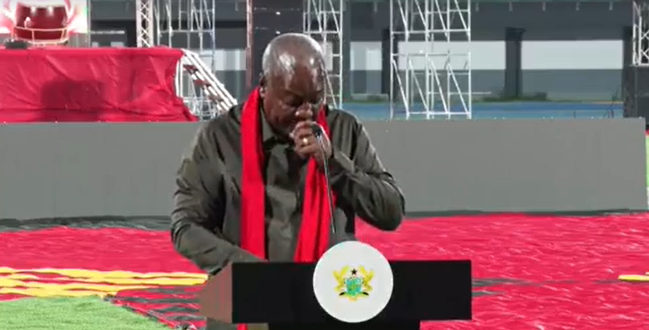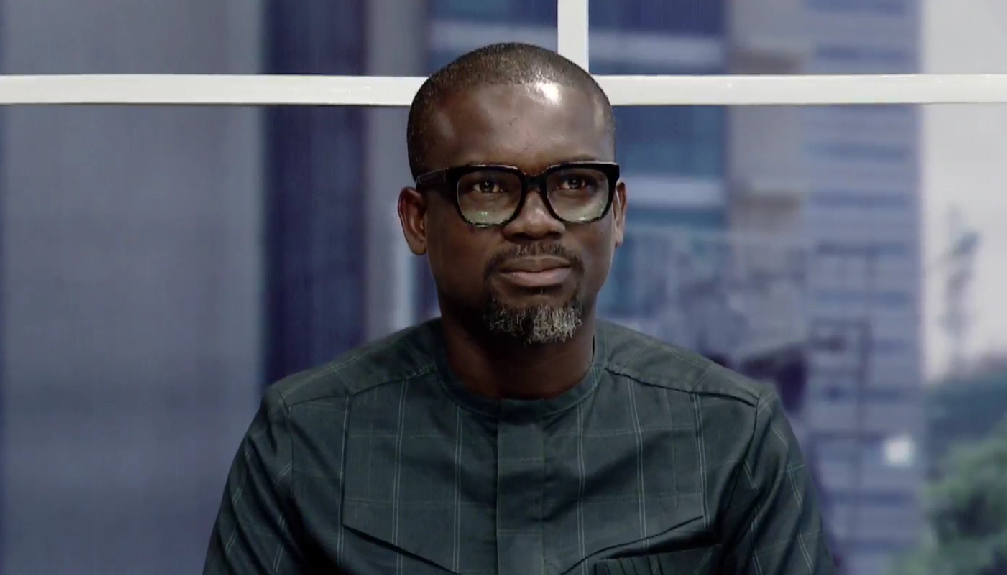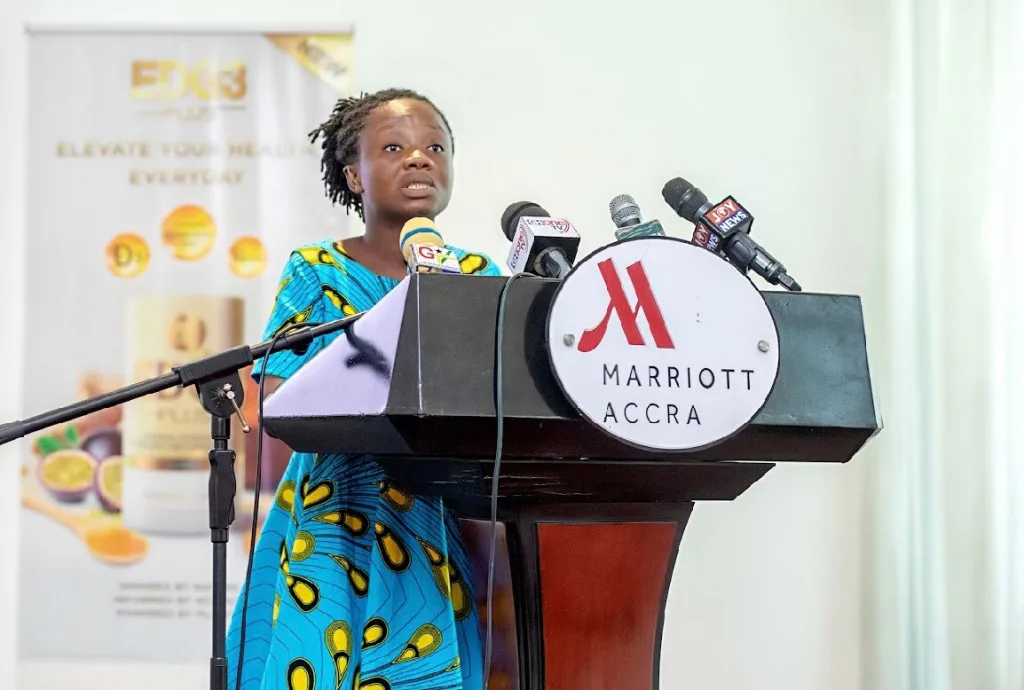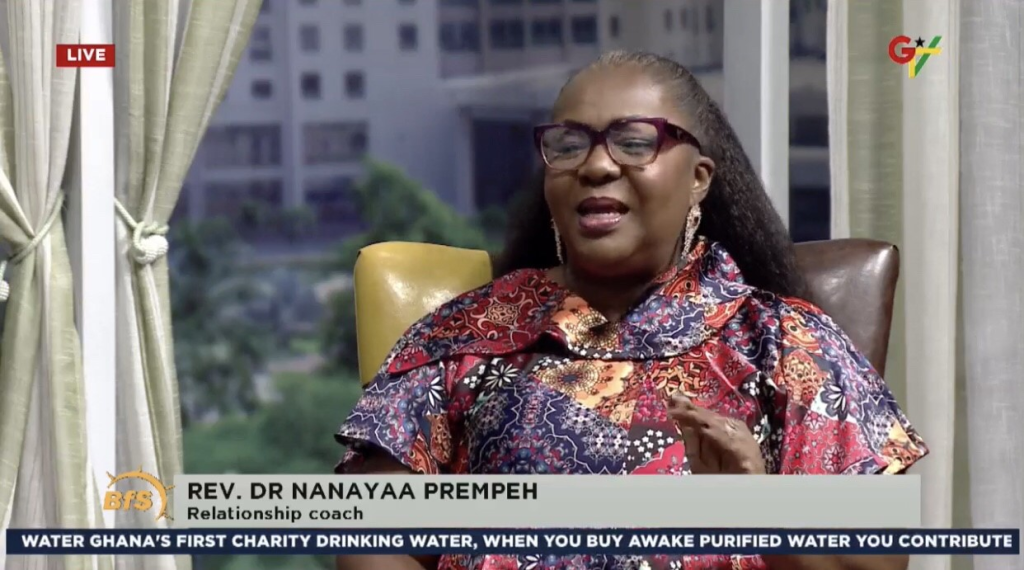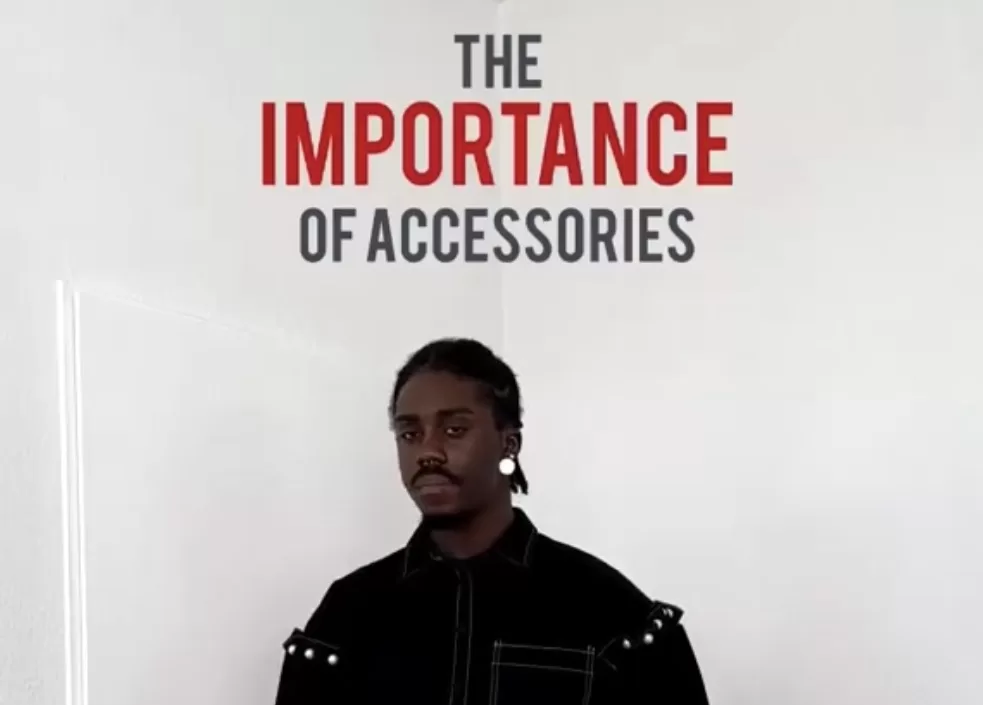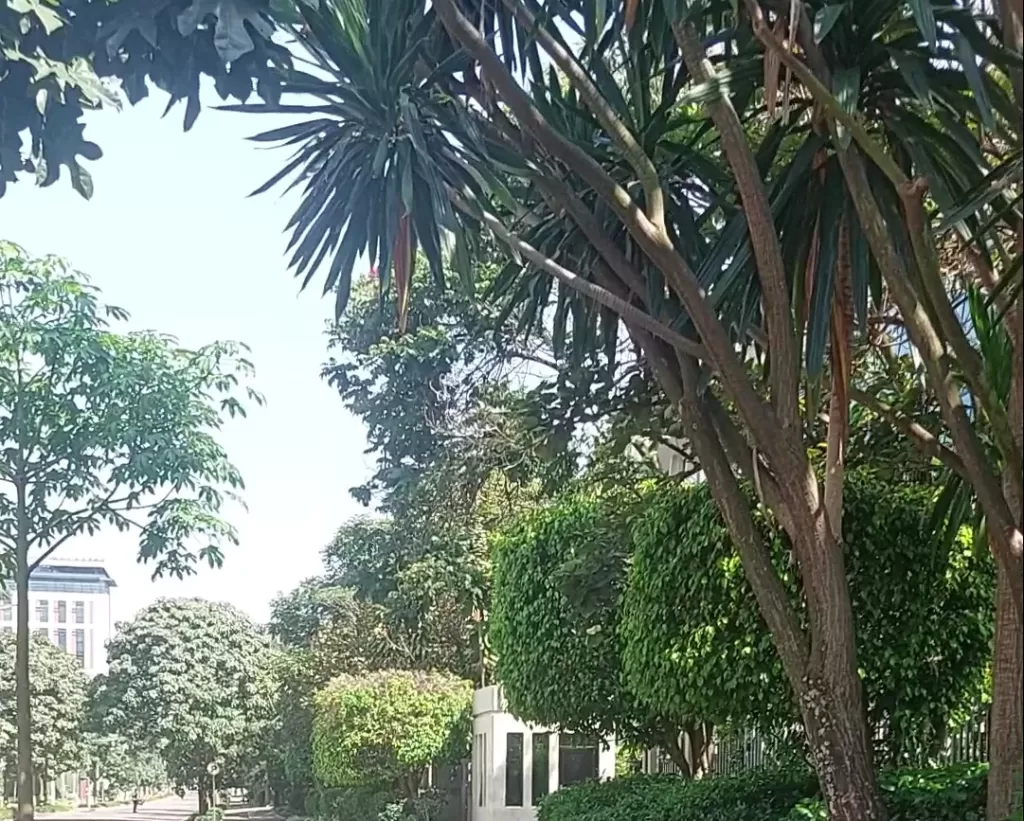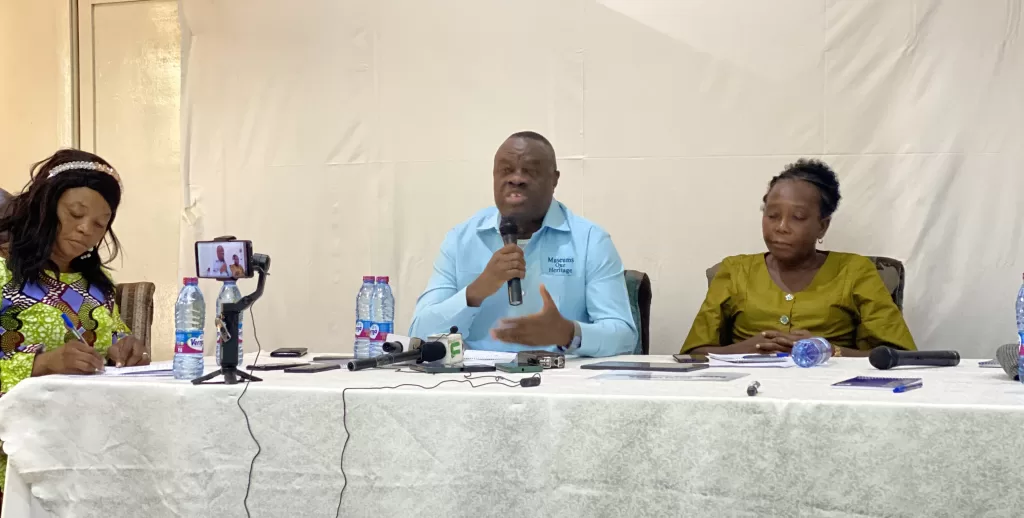The Administrator of the Ghana Education Trust Fund (GETFund), Dr Richard Ampofo Boadu, has debunked claims that the Fund gives out scholarships on political considerations. He said they awarded scholarships to applicants on merit, adding that their system of offering scholarships was transparent and open.
Dr Boadu said this in reaction to a comment during an open forum discussion on “Financing Higher Education in Ghana: Implications for Equity and Sustainability” organised by the Ghana Academy of Arts and Sciences (GAAS) in Accra.
The policy dialogue was the second of seven policy dialogues the Academy was organising under the project “Motivating Higher Education Reforms in Ghana – Towards Equity and Sustainability, funded by a grant from Carnegie Corporation of New York.”
The goal of the Academy’s Higher Education Project is to provide a platform for independent people and groups to reflect on the challenges of the higher education sector on a regular and sustained basis.
The GETFund Administrator urged tertiary institutions to find innovative ways to raise funds to augment the support they received from the government. He said the government alone cannot entirely fund the running of those institutions; hence, they need to devise alternative sources of funds.
The Executive Director of Africa Education Watch, an education policy think tank, Kofi Asare, called for a review of the scholarship system in the country. He suggested the need for the scholarship authority to manage all scholarships in the country and make scholarships rollouts more efficient and effective to help needy students and even prospective students enroll in tertiary institutions.
The Chairperson, Ghana Academy of Arts and Sciences Higher Education Project Management Committee, Professor Emeritus Takyiwaa Manuh, said funding for higher education in the country had suffered perennial challenges of inadequate government subventions, insufficient student loans, inadequate tuition fees, infrastructural and equipment deficits, and unreliable revenue streams. She said these have been compounded by the increase in the number of public institutions in the higher education subsector.
Source: GNA

